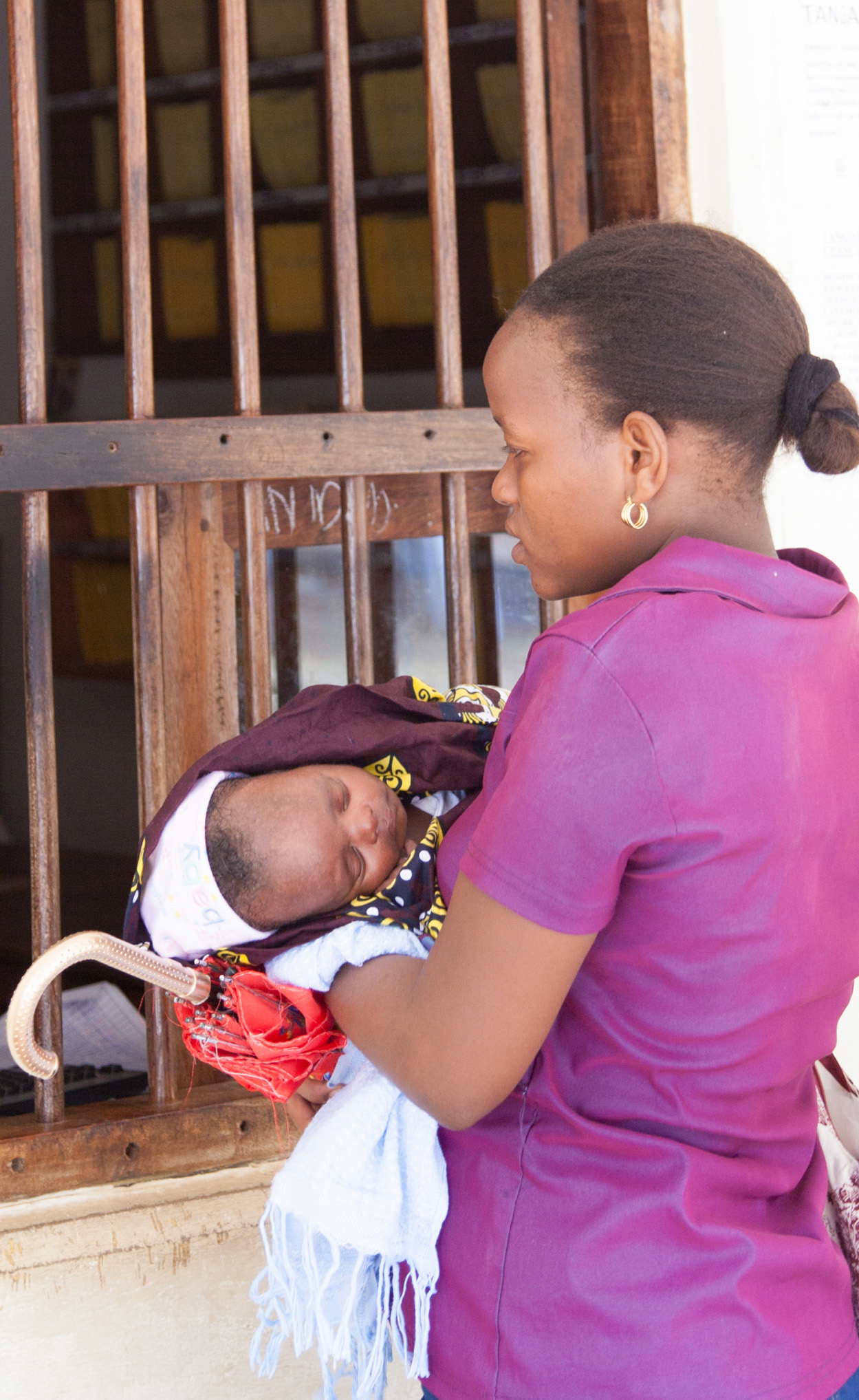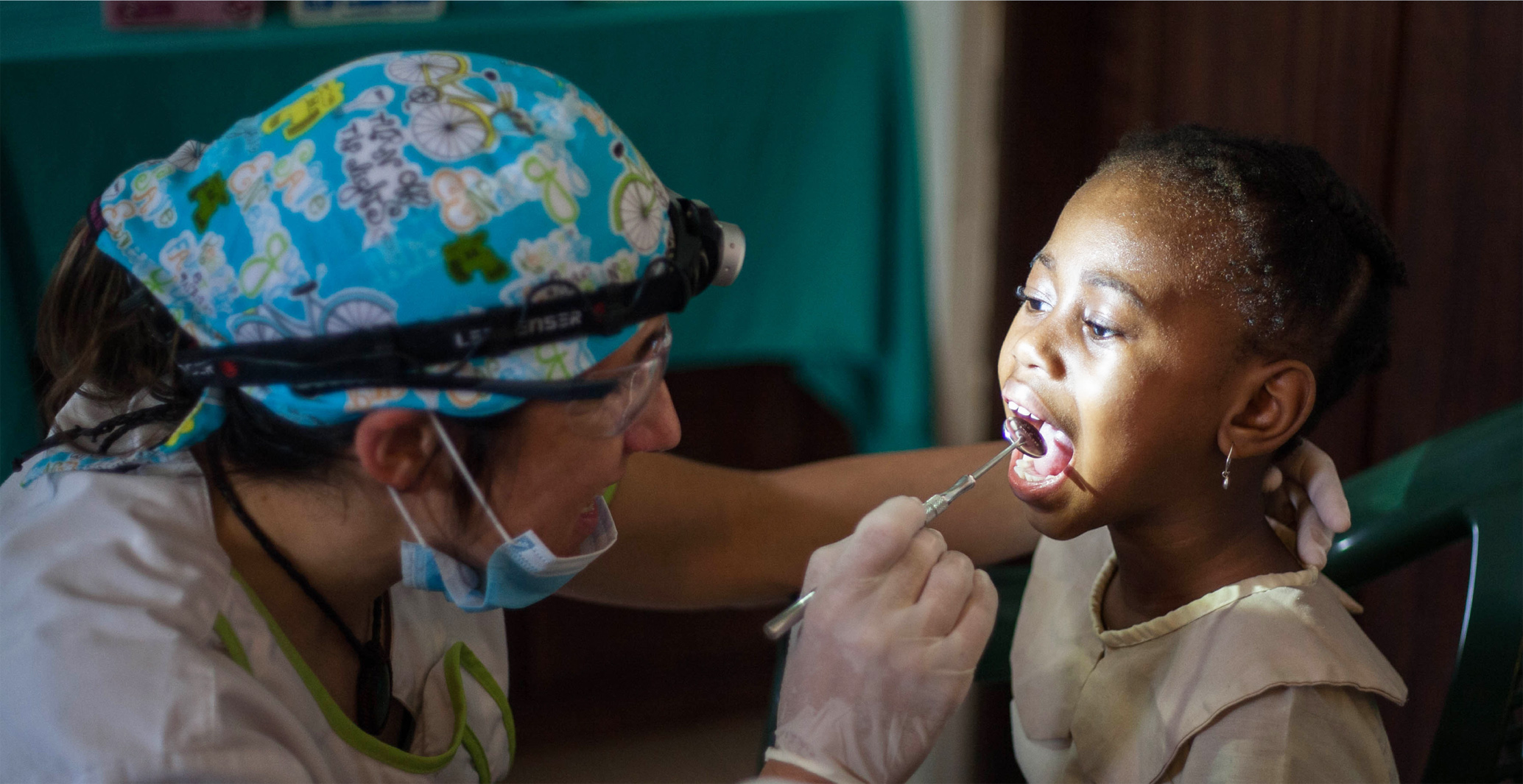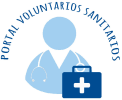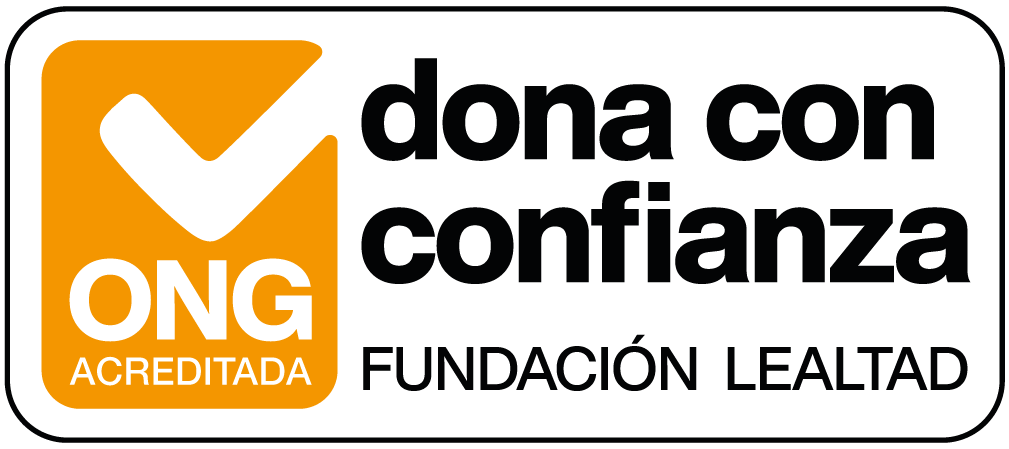PABLO HORSTMANN PEDIATRIC HOSPITAL IN LAMU, KENIA
 The Pablo Horstmann Pediatric Hospital (PHPH) was founded in 2008 as a small outpatient pediatric care center to provide free, quality medical care to the Lamu district's under-served child population.
The Pablo Horstmann Pediatric Hospital (PHPH) was founded in 2008 as a small outpatient pediatric care center to provide free, quality medical care to the Lamu district's under-served child population.In the last thirteen years, the Pablo Horstmann Pediatric Hospital grew and expanded its services by opening admission rooms and a series of specific units such as the renutrition, vaccination, HIV, cardiology and tuberculosis unit.
The PHPH currently has the capacity to treat complex pathologies, including the admission of acute critical patients. Annual campaigns are organized for medical subspecialties such as general surgery, gynecology, cardiology, dermatology and dentistry in order to offer surgical services that do not exist in the district.
In 2018 we signed an agreement with the Lamu Ministry of Health, whereby we committed to train the public health personnel of the County Hospital in pediatric and surgical matters. In return, the government assumes the funding of medication, referrals and part of the salaries of our hospital. Since 2019 the Pediatric Hospital in Lamu has been part of the Kenyan Social Security Plan (NHIF).

PEDIATRIC HOSPITAL DATA FOR 2020
- 7,832 children were in medical consultation (48% girls / 52% boys).
- 411 children required admission, half of whom had a life-threatening pathology.
- 203 children were admitted under observation status or short stay.
- 2,320 children were attended for cures or small surgeries.
- 261 children were referred for diagnostic tests.
- 804 children were vaccinated, where the official health system failed to vaccinate them.
- 560 children were treated in the HIV and Tuberculosis Units.
- 1,061 children were treated in the Nutrition Unit (35% more than in 2019 - undoubtedly due to the restrictions and economic effects of the COVID-19 pandemic).
- 15,839 units of nutritional supplements were distributed.
- Two training courses were developed to upskill staff of both, the PHPH and the County Public Hospital, for diagnosis, prevention, and treatment of
patients with COVID-19.
The COVID-19 pandemic has caused a slight decrease in the activity of consultations (19%) but a significant increase in cases of malnutrition (35%). Moreover, all the scheduled subspecialty campaigns had to be suspended due to the impossibility for specialists to travel to the field.





